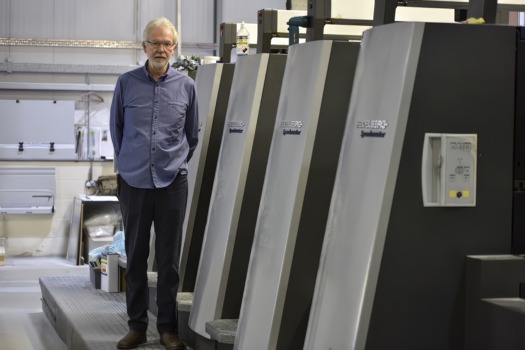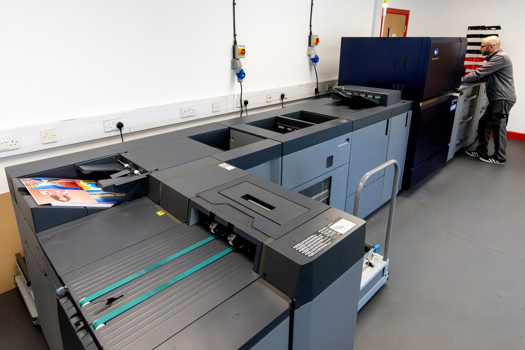To receive the support, which is backed by the Department for Business, Innovation and Skills, an independent auditor must find that James Cropper’s bid complies with EU State aid rules.
Currently undergoing due diligence, the result will be announced in March 2013, when the Kendal-based company would need to raise the remaining £3.85m to fund the £7m project.
The steam raising plant, which will consist of a thermal input unit burning solid fuels to generate power for the manufacturing plant, is expected to be running by late 2014 if the grant is awarded.
Cumbrian waste disposal company Shanks will provide the 9,500 tonnes of solid recovered fuel (SRF) necessary to power the plant, generating it from domestic waste for burning. James Cropper’s production waste would join SRF, which consists of 50% biomass, in powering the plant.
The company gained planning permission for the steam raising plant in 2009 but plans have been put on hold due to high costs and lack of suitable technology and suppliers.
Currently, James Cropper runs a dual gas or gas oil-fired combined heat and power (CHP) plant alongside three package boilers that run concurrently to generate steam for papermaking.
It is proposed that the new steam raising plant will replace the package boilers.
The steam raising plant will reduce James Cropper's fossil fuel consumption by 20%, cutting energy costs, reduce CO2 emissions by 10% and avoid rising environmental taxes. It is expected to save the company over £1m annually from 2015.
Chairman Mark Cropper said: "The need for the plant [since receiving planning permission] has only grown more pressing.
"Energy costs are rising and the global competitiveness of our business is being further impaired by new UK carbon taxation policies.
"Delay and relief of such tax policies are vital to maintain competitive costs, but the transition to new forms of energy is more critical than ever, so the RGF support could not be more welcome."










